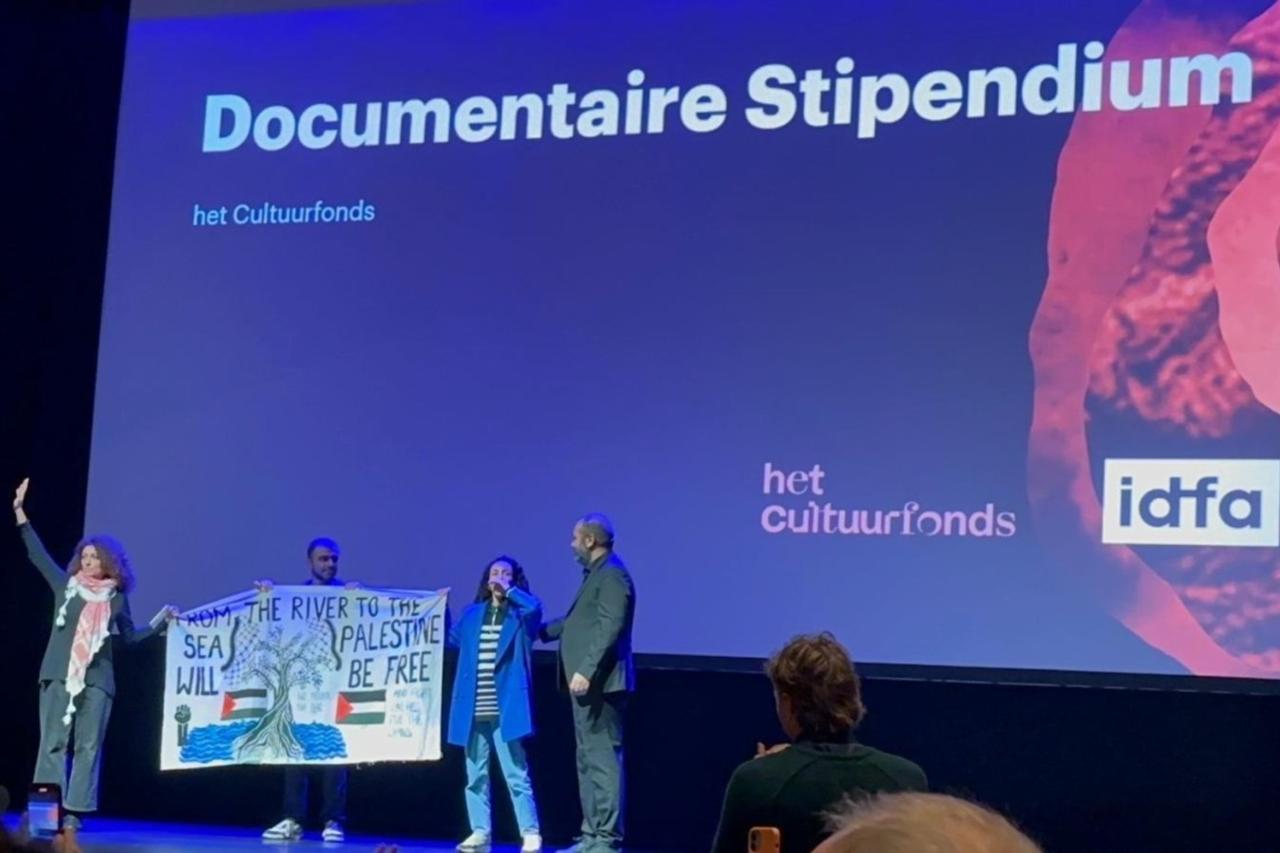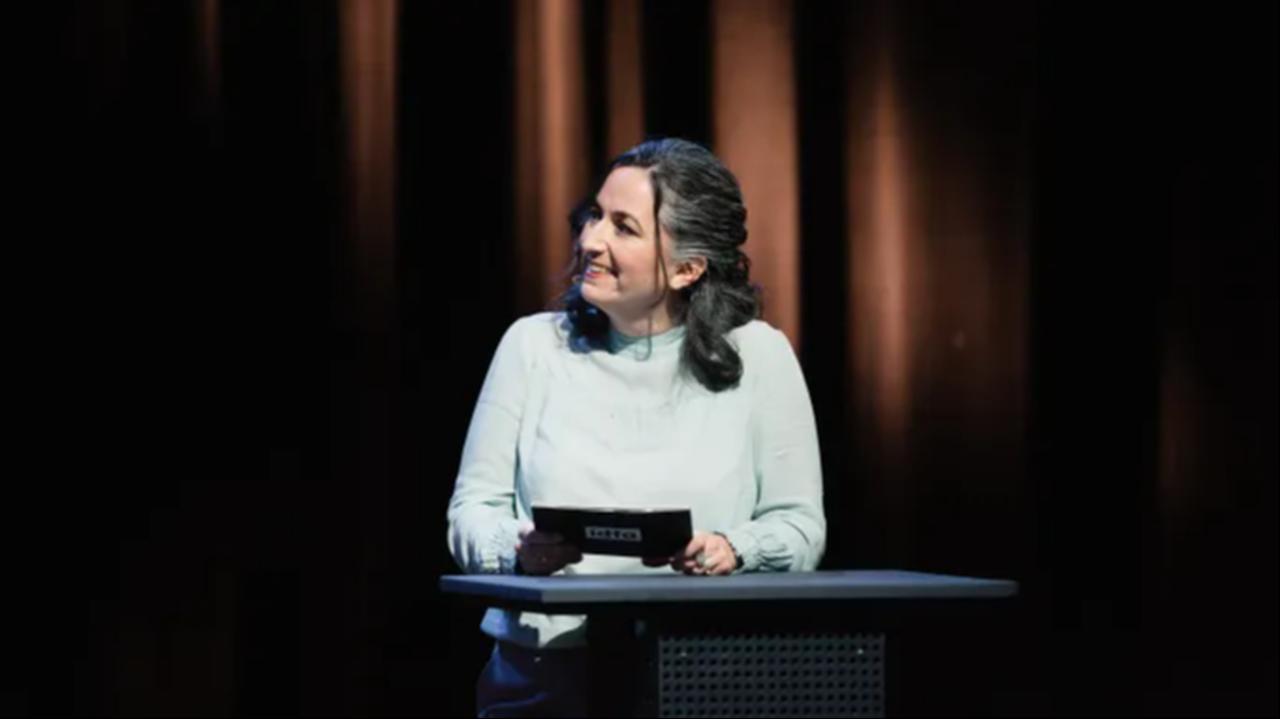
The International Documentary Film Festival Amsterdam (IDFA) has refused to grant accreditation to representatives of three major Israeli institutions, saying the institutions receive part of their funding from the Israeli state budget.
IDFA stated that its “principles and guidelines” predate the boycott campaign and stem from internal debate dating back to 2023.
The decision affects the DocAviv Film Festival, the CoPro Documentary Marketing Foundation, and the Israeli public broadcaster Kan, all of which receive state funding.
Isabel Arrate Fernandez, artistic director of the International Documentary Film Festival Amsterdam (IDFA), has confirmed the decision to make the festival the first major film event to officially exclude Israeli state-backed organizations and films.
Individual Israeli filmmakers may still apply and will be evaluated on a case-by-case basis, the festival said.
The move comes ahead of IDFA’s 2025 edition, scheduled from Nov. 13 to 23 in Amsterdam.

According to a report in Variety, the festival rejected accreditation requests from representatives of the three Israeli entities. International media outlets widely circulated the report, framing the decision within a broader cultural reassessment of institutional ties to Israel amid the ongoing war in Gaza.
IDFA’s leadership said the decision stems from a newly published document titled “principles and guidelines,” outlining what it describes as the festival’s “strategic political stance” in an era of heightened polarization.
The document states that “official delegations or institutions affiliated with governments that contribute to serious human-rights violations” are not eligible for accreditation, and that films or projects with proven links to such governments may be excluded from selection.
At the same time, the festival emphasized that it “welcomes” individual filmmakers and will review artistic submissions objectively.

IDFA’s new artistic director, Isabel Arati Fernandez, said the decision did not originate from external pressure or recent boycott calls, but from internal deliberations dating back to the festival’s 2023 edition — the first held after the outbreak of the Gaza war.
That edition sparked controversy when a banner displaying the slogan “From the river to the sea” appeared during the opening ceremony.
The moment led to formal apologies, program withdrawals, and wide debate across the film world about political speech in cultural spaces.
According to festival management, the incident prompted a months-long internal review of how IDFA should respond to political polarization and questions of governmental ties, eventually resulting in the new guidelines.
Fernandez said the festival distinguishes clearly between state institutions and individual artists, stressing that IDFA is not barring Israeli filmmakers as individuals.
She also noted that in 2024 IDFA selected two Israeli films that received state support but addressed critical political themes: Rule of Stone by Dana Elon and The 1957 Transcripts by Ayelet Heller, which examines the Kafr Qasim massacre.
The decision comes as parts of the global film industry see mounting calls to distance from Israeli cultural bodies. In 2025, the activist group Film Workers for Palestine launched a pledge to boycott Israeli institutions accused of being “complicit in genocide and apartheid,” attracting thousands of signatures.
IDFA, however, says its guidelines predate the campaign and were developed independently.
As part of its criteria for assessing national contexts, IDFA says it consults the World Press Freedom Index published by Reporters Without Borders (RSF).
The festival pays particular attention to submissions from countries in the lowest two tiers of media-freedom rankings: “difficult” and “very serious.”
In the 2025 RSF index, Israel ranked 112th globally, with the report citing shrinking media pluralism, weakened editorial independence, and a rising number of journalists killed in Gaza, factors IDFA considers in its evaluation process.
IDFA maintains that its policy aims to protect artistic freedom while ensuring that official festival platforms are not used by state-aligned bodies implicated in rights violations.
Under the guidelines, Israeli filmmakers not affiliated with state delegations remain eligible for participation, while government-linked institutions are excluded.
The festival says the line between individuals and state entities is central to its approach: participation is open to independent artists, but state-funded delegations “will not receive accreditation.”